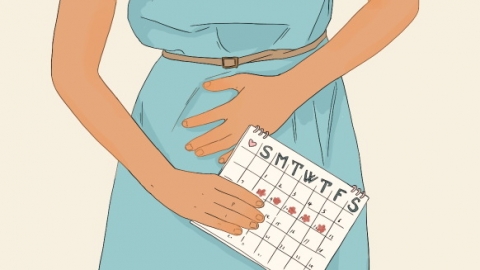Can taking birth control pills delay menstruation?
Generally, whether taking contraceptive pills will cause menstrual delay depends on the type of contraceptive pill. Regular use of short-acting contraceptive pills usually does not lead to menstrual delay and may even make the cycle more regular. However, taking emergency contraceptive pills might cause menstrual delay. The detailed explanation is as follows:

If the contraceptive pill taken is a short-acting type and is taken regularly at the same time each day as instructed, the medication can steadily regulate hormone levels in the body, causing the endometrium to shed regularly. It generally does not cause menstrual delay. For some individuals, the menstrual cycle may even become more regular and stable due to the medication. As long as doses are not missed or discontinued arbitrarily, menstruation will mostly occur on time.
When taking emergency contraceptive pills, due to their high hormone content, these pills can rapidly disrupt the body's normal hormonal balance, disturbing the growth and shedding pattern of the endometrium, which may lead to menstrual delay. Some individuals may also experience earlier menstruation or changes in menstrual flow.
To minimize adverse effects of contraceptive pills on menstruation, it is recommended to choose an appropriate type of contraceptive pill based on individual circumstances. When taking short-acting contraceptive pills, it is essential to maintain regularity and avoid missed doses. Additionally, the frequency of using emergency contraceptive pills should be minimized, with no more than three uses recommended per year.






